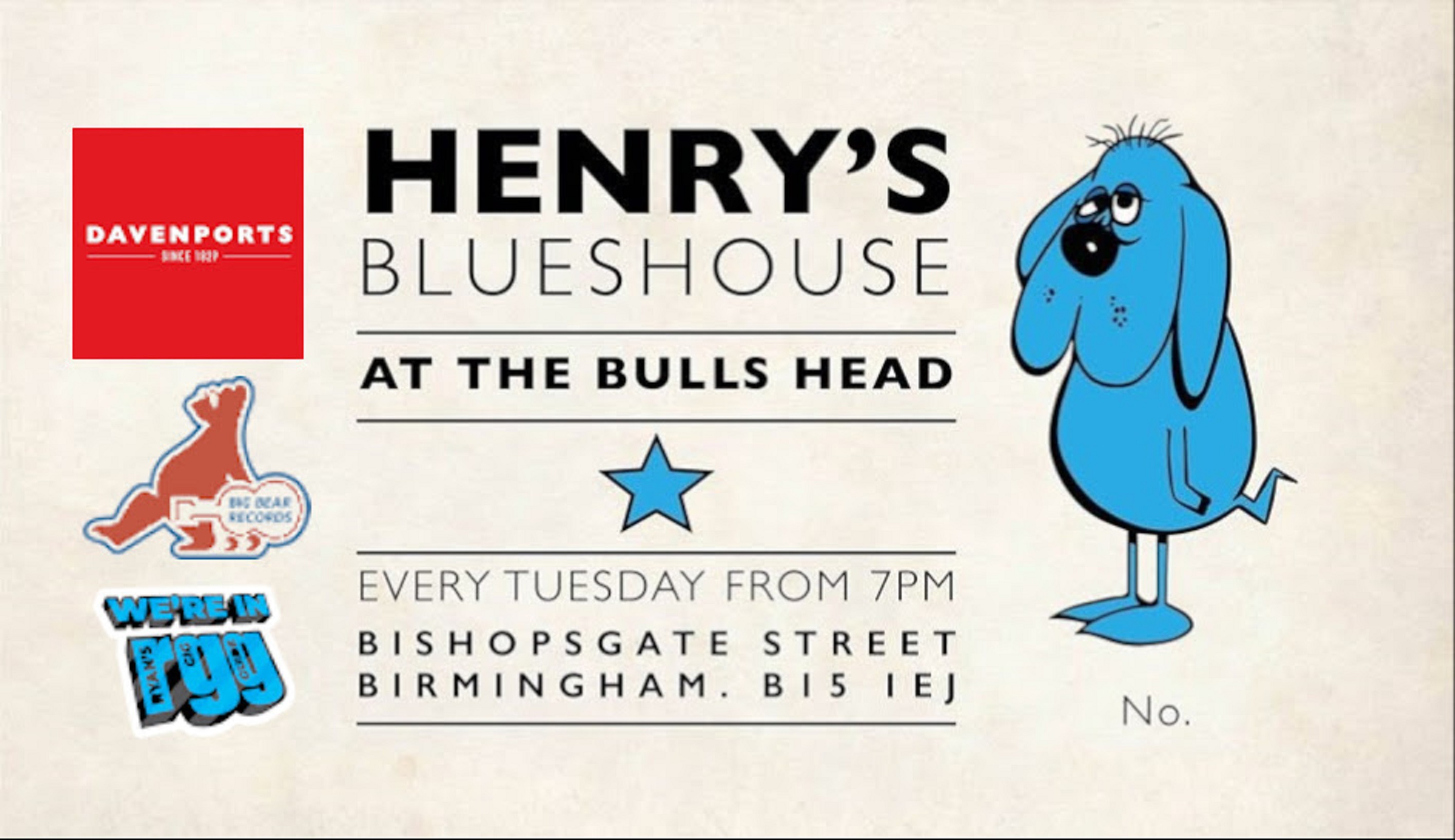American Blues Legends tours continued sporadically up to 1979. Latterly they were probably better organised – certainly, the 50-seater coaches were an improvement on the original bone-shaker – and they often played fancier halls, to better-dressed audiences. But the sense of excitement, of pure adventure, of being on a crusade, was never equalled.
One effect of the Blues Legends tours, was the major exposure it gave the individual artists, in many cases springboarding them onto a series of tours of their own. A striking example was the irrepressible Cousin Joe from New Orleans (born Wallace, Louisiana in 1907), who played eighteen tours for Big Bear and became an integral part of the family.
A man of immense charm and old-time New Orleans courtesy, he was the toughest act to follow on this planet. He would take an audience by its throat, and by dint of his good-time piano playing, sly vocals, immense repertoire, uncontrollable sense of fun, and show-stopping lyrics, would unerringly swing any audience into bad health. Joe had such fun onstage that everyone just could not help but join in.
A memorable example was at the huge RAI hall in Amsterdam, where he opened the show for Boz Scaggs. Scaggs had to wait patiently – and, it must be said, with warmth and affection – while Cousin Joe played more than twenty minutes of encores and drained the last ounce of response from the audience of 2,000 that had, after all, come to see Scaggs. Joe then somewhat graciously invited Boz Scaggs onto the stage, rather as if it belonged to him – which actually, by then, it did.
The title of Joe’s Big Bear album, Gospel-Wailing, Jazz-Playing, Rock’n’Rolling, Soul-Shouting, Tap Dancing Bluesman from New Orleans says it all. Sadly, the master tape to the follow-up album was stolen in a burglary while it was being edited. The insurance company refused to value it at more than the purchase price of the unused tape. Almost certainly the burglars viewed its worth as even less, and probably junked it.
AGuitarist Lightnin’ Slim and harp player Whispering Smith were a match made in Blues Heaven. Following the success of Slim’s first tour, he suggested that we locate his erstwhile cohort, Moses ‘Whispering’ Smith. We eventually found him in Baton Rouge, Louisiana, where he worked constructing swimming pools. He didn’t even try to resist the temptation to return to the road, and his reunion with Slim formed a stimulating partnership right up until the latter died.
Lightnin’ Slim, born Otis Hicks in St. Louis, Missouri, on March 13th, 1913, was a star of mid-50s Excello Records, where he proved himself one of the great swamp Bluesmen. He worked with Slim Harpo and Schoolboy Cleve before setting up his memorable partnership with Whispering Smith from 1960 to 1962.
In 1965, disillusioned with the music business, he quit and moved to Pontiac, Michigan, where he found work as a furnaceman. Rediscovered, he quit the day job and toured up until the end in 1974. He possessed a wonderfully resonant voice with great expression and his pure, totally unspoiled style made him one of the Blues greats, the likes of which will not be seen again.
A kind and gentle man, totally generous and caring towards his friends, he was taken away much too early.
His booming trademark cry, “play your harmonica, son”, was the cue that always brought forward Whispering Smith. Moses was born in Jefferson County, Mississippi, on January 25th 1932, playing harmonica from the age of fourteen. He moved to Baton Rouge, Louisiana, in 1957, recording for Excello and Arhoolie.







